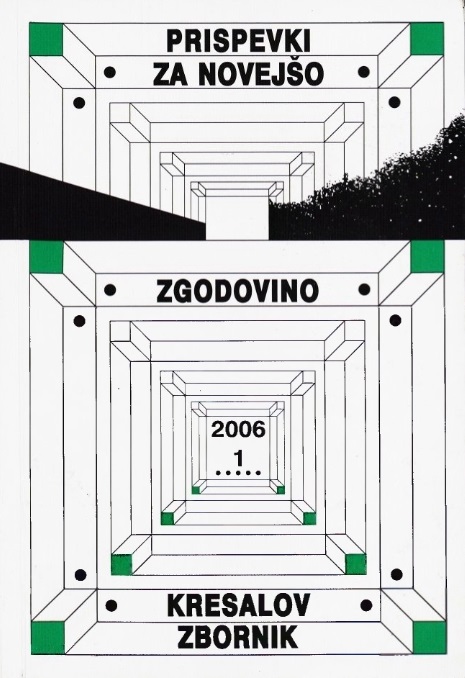Obmejno gospodarsko sodelovanje Slovenije z Avstrijo, Italijo in Madžarsko (1945-1991)
Transboundary Economic Cooperation of Slovenia with Austria, Italy and Hungary (1945-1991)
Author(s): Jože PrinčičSubject(s): National Economy, Economic history, Political history, Economic policy, International relations/trade, Economic development, WW II and following years (1940 - 1949), Post-War period (1950 - 1989)
Published by: Inštitut za novejšo zgodovino
Keywords: transboundary economic cooperation; international trade; ethnic minority; economy; Slovenia; Italia; Austria; Hungary; Alps-Adriatic Working Community;
Summary/Abstract: The author deals with the transboundary economic cooperation as a special kind of economic cooperation of the Republic of Slovenia during the Yugoslav socialist period. Among all Yugoslav republics, Slovenia was the one most closely connected and integrated with the European economic area. Apart from the care of its minority, it was economic cooperation that most characterised Slovenia's efforts for association beyond its national borders. In many ways, Slovenia's economic progress depended on successful trade and cooperation with its neighbours, notably Austria and Italy. Various forms of bilateral transborder economic cooperation gradually developed into multilateral cooperation at the regional level. The most significant and successful form of Slovenia's regional cooperation proved to be the Alps-Adriatic Working Community, founded in 1978.
Journal: Prispevki za novejšo zgodovino (before 1960: Prispevki za zgodovino delavskega gibanja)
- Issue Year: 46/2006
- Issue No: 1
- Page Range: 413-424
- Page Count: 12
- Language: Slovenian

